Intel
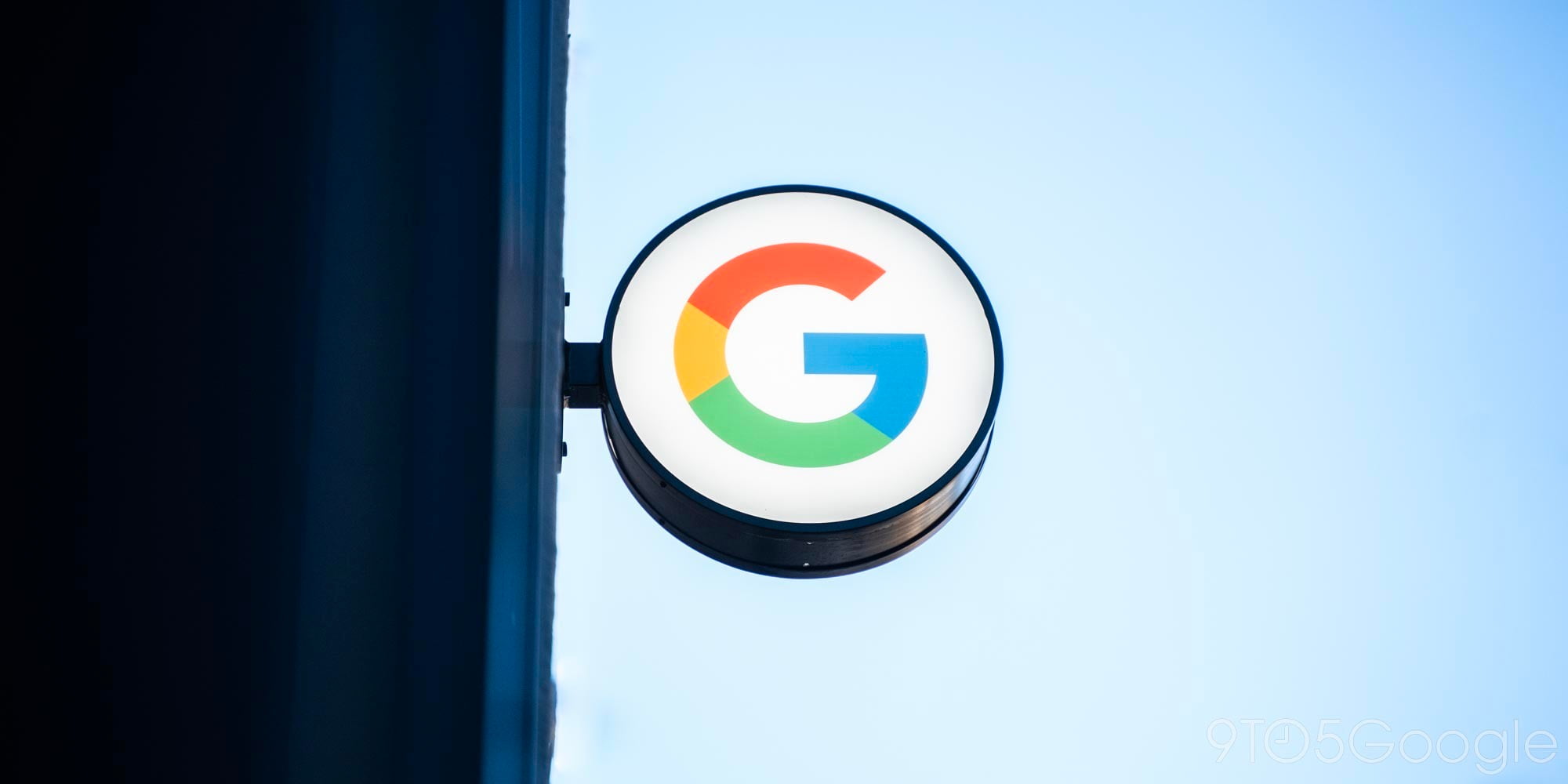

Intel has launched its latest generation of laptop chips, “Lunar Lake,” with the promise of massive performance and battery life gains.
Expand Expanding Close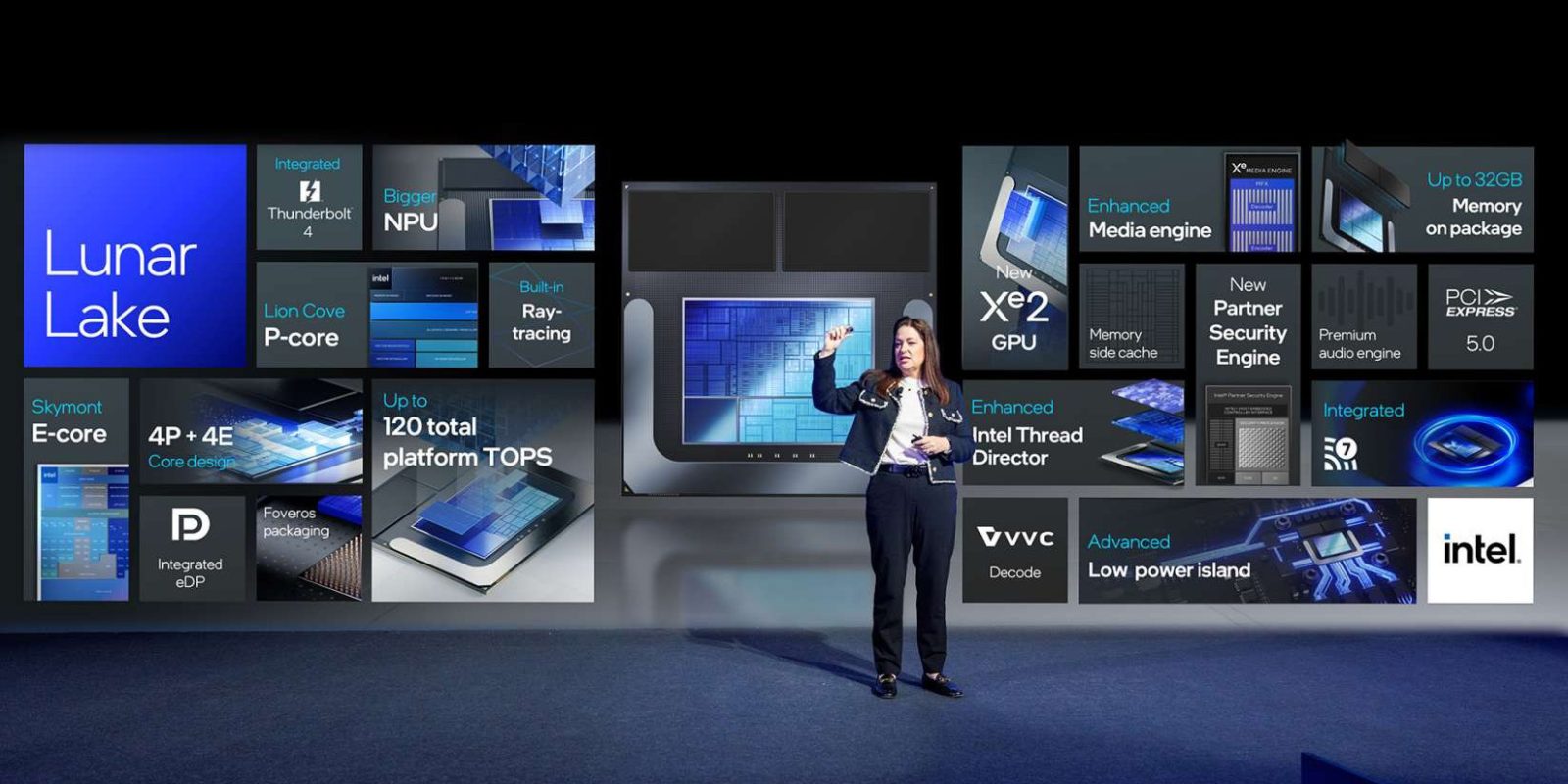
At Computex 2024, Intel has unveiled its latest “Lunar Lake” generation of chips which make big promises on battery life and AI capabilities for future Windows laptops.
Expand Expanding Close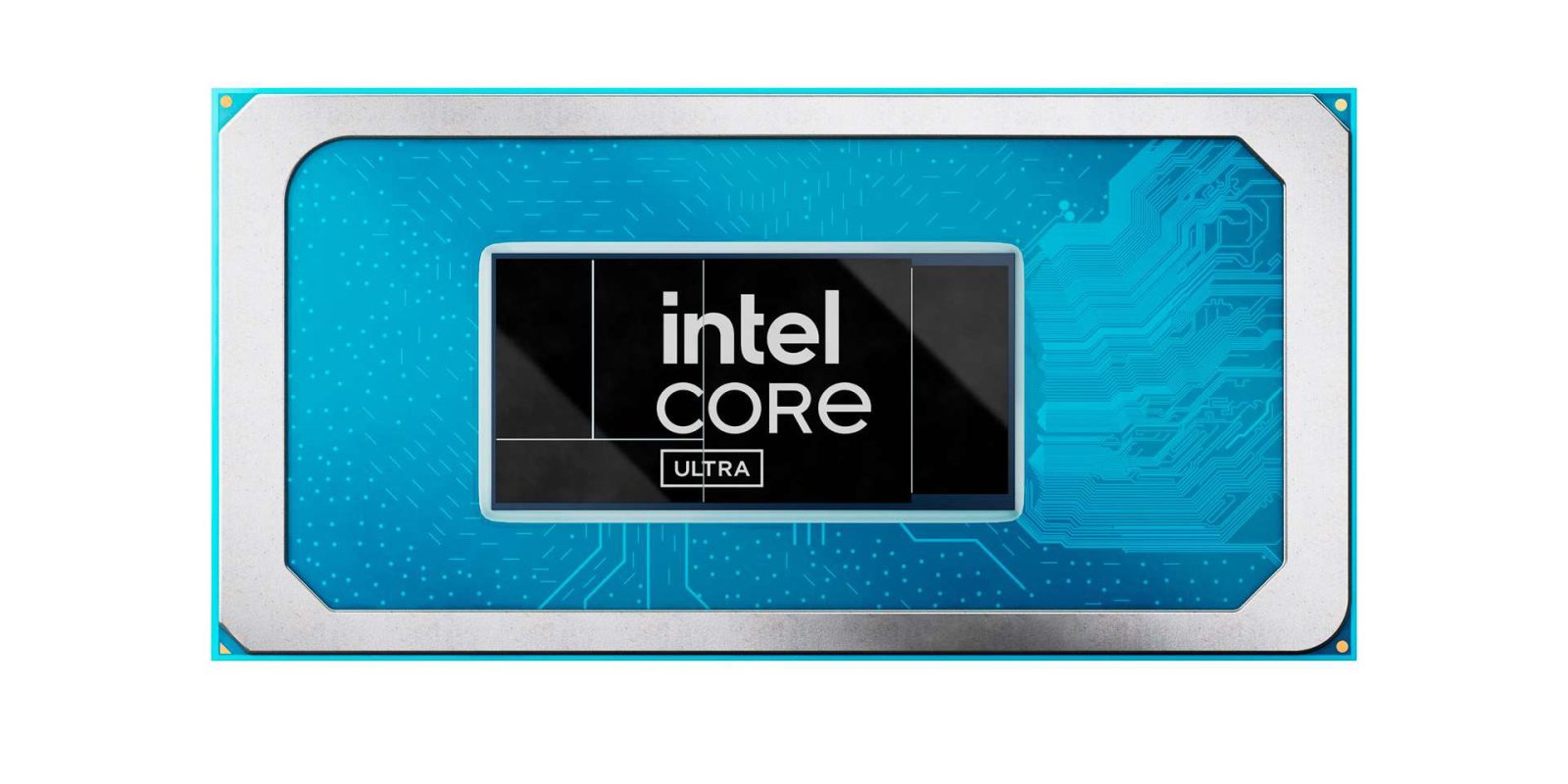
Intel has today debuted its latest generation of mobile CPUs for Windows laptops and Chromebooks, with the Meteor Lake architecture arriving in new “Core Ultra” processors. Here’s what’s been improved, and the first machines arriving with the new chips.
Expand Expanding Close
When it comes to an all-around solution to texting and sharing files between your phone and Windows computer, there isn’t one. Intel is aiming to fix that with a new Windows app called Unison that will be capable of sending texts and sharing files to and from your Android device or iPhone.
Expand Expanding Close
While there are more and more premium Chrome OS devices, the category very much excels at the cheaper end of the market. When buying those Chromebooks next year, you might notice that it will be running an “Intel Processor” instead of Pentium or Celeron.
Expand Expanding Close
Most of the best Chromebooks on the market today are powered by Intel processors. However, it seems Chrome OS will not be supporting the upcoming next-generation of Intel Core processors, Ice Lake.

For years, Intel has provided the power behind the best Chromebooks money can buy. This includes all of Google’s own Chromebooks, ranging from the original CR-48 prototype device to their latest release, the Pixel Slate. Now, evidence has come to light suggesting Chrome OS is skipping Intel’s next generation of processors, Cannon Lake, altogether.

Google Glass has devolved into nothing more than a meme. What was once a genuine — and quite frankly, noble — attempt at building the first mainstream augmented reality glasses, is now the butt of every AR joke. But whatever you think of it, Glass has one thing going for it. Every single pair of AR glasses that come out in the coming years (and yes, I would bet my right eye that we’re going to see lots of these things) is going to be compared to it, and that includes a mysterious new pair from Intel.
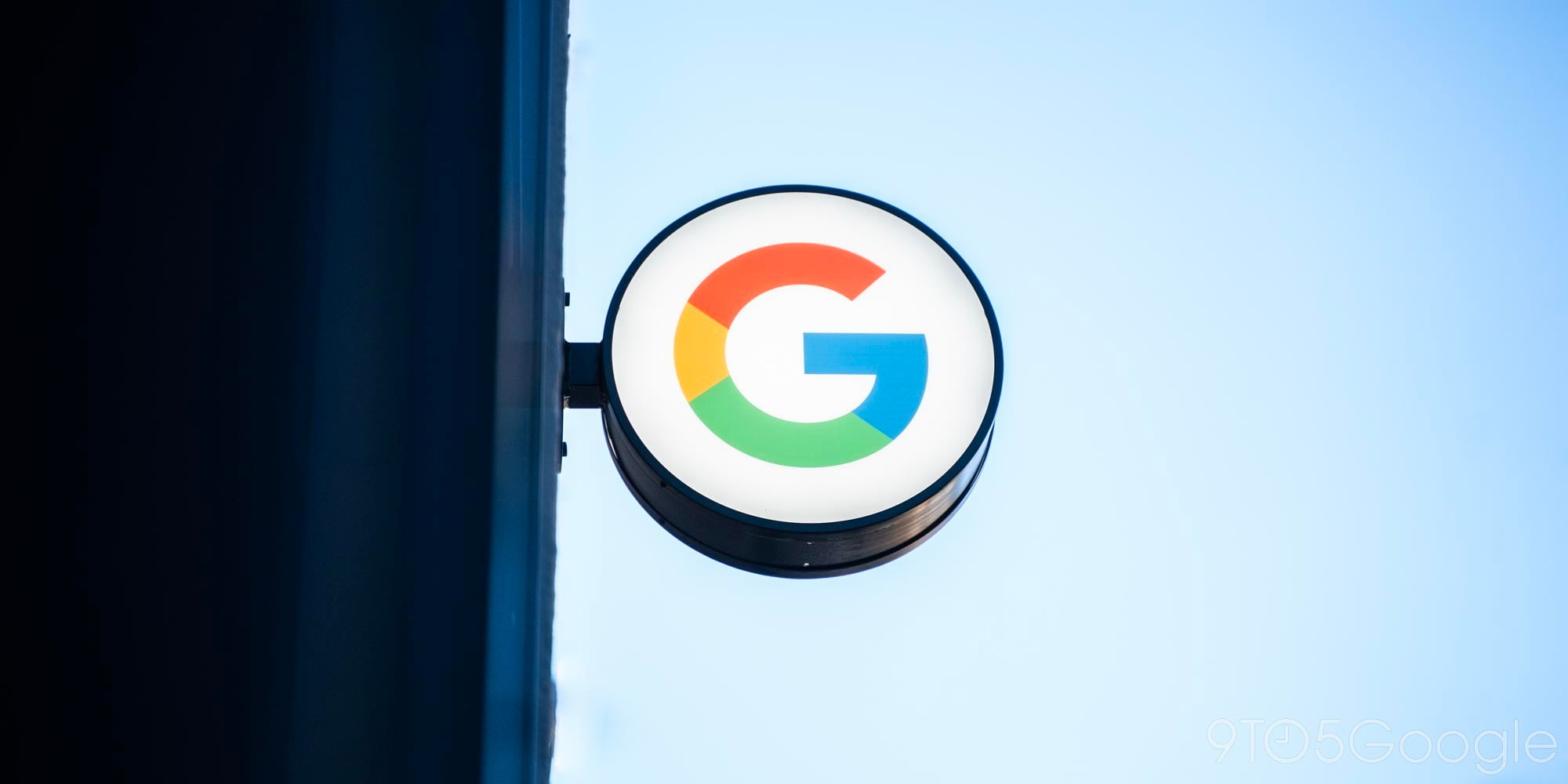
Last week, Google revealed that the Pixel 2 and Pixel 2 XL contains a “custom-designed co-processor” for machine learning and image processing. This Pixel Visual Core is not yet enabled, but when activated it should result in better processing, among other tasks. A new report today reveals that Google worked with Intel on their first consumer chip.

Google Clips was one of the only genuine surprise announcements from Google’s October 4th event earlier this week. Designed to unobtrusively capture moments, it has a strong focus on privacy thanks to on-device machine learning. This cloud-free processing is in part thanks to a chip that Intel’s Movidius group calls a “vision processing unit.”


In trying to compete with the likes of Amazon Web Services and Microsoft Azure, Google Cloud has been moving at breakneck speed. After a strong push into machine learning and AI earlier this week, Google has announced a strategic alliance with Intel to increased enterprise cloud usage.


A tax dispute between Intel and the IRS currently headed to the appeals court could set a precedent that would see Google’s parent company Alphabet reclaiming $3.5B in tax benefits – more than all the tax the company paid last year. The WSJ reports that Google is one of a number of tech giants following the case closely.
The case, which the IRS appealed to the Ninth U.S. Circuit Court of Appeals last week, is being closely watched in the tech industry and elsewhere. At least 20 companies, including Microsoft and eBay, have disclosed they’re monitoring the outcome of the case involving share-based compensation.
In essence, the case hinges on share compensation packages paid by overseas subsidiaries. The IRS says that the cost of these should be offset against the expenses of the overseas companies; Intel says no, the cost should be deducted by the U.S. parent company – reducing its tax liabilities in its home country.
The IRS introduced the rule in 2003. Companies like Google have abided by the rule but reserved the right to reallocate costs if a court ruling went against the IRS, giving them a huge potential windfall.
Google has recently come under fire for its tax arrangements in Europe, a $185M back-tax deal in the UK being described as “disproportionately small” and possibly illegal. France is currently seeking to claim $1.76B from the company in back taxes.
Photo: Reuters

FreedomPop is about to step in to the hardware game thanks to some cash and processor, provided by Intel and its investment arm, Intel Capital. So far, the FreedomPop brand has been used purely to launch incredibly affordable smartphone data plans in the US, and recently launched in the UK in partnership with Three. This would mark the first time the company has launched its very own hardware…


Watchmaker Fossil is about to launch a new Android Wear-powered smartwatch in collaboration with Intel and today we get our first look at the device during Intel’s IDF developer conference in San Francisco (via Engadget).
The Android Wear smartwatch, which is scheduled to arrive later this year, comes alongside two other wearables from the companies including other wrist worn devices — a bracelet and a more traditional-looking, connected watch that aren’t powered by Android Wear.

It’s not exactly much to look at, as it appears to have a design a lot like the rest of the round Android Wear devices on the market. But apart from looking a lot like a Moto 360, we do get a sneak peek at some variations planned for the device including a selection of metal and leather bands.
No word on pricing or exact availability, but you can expect to hear more in time for the holidays later this year.


While Android Wear has not yet set the world alight, Google is not sitting idly by while Apple grabs all the media attention with its Apple Watch. The company has announced a deal with Tag Heuer and Intel to create a smartwatch version of one of the watchmaker’s best-selling models, the Carrera.
TAG Heuer, Google and Intel have announced a partnership to launch a Swiss smartwatch powered by Intel technology and Android Wear. The effort signifies a new era of collaboration between Swiss watchmakers and Silicon Valley, bringing together each company’s respective expertise in luxury watchmaking, software and hardware.
While the company did not go into details, Reuters reports that the watch “will be a digital replica of the original Tag Heuer black Carrera, known for its bulky, sporty allure, and will look like the original.”
Sincere or not, Tag Heuer CEO Jean-Claude Biver says that he welcomes the launch of the Apple Watch …
Expand
Expanding
Close
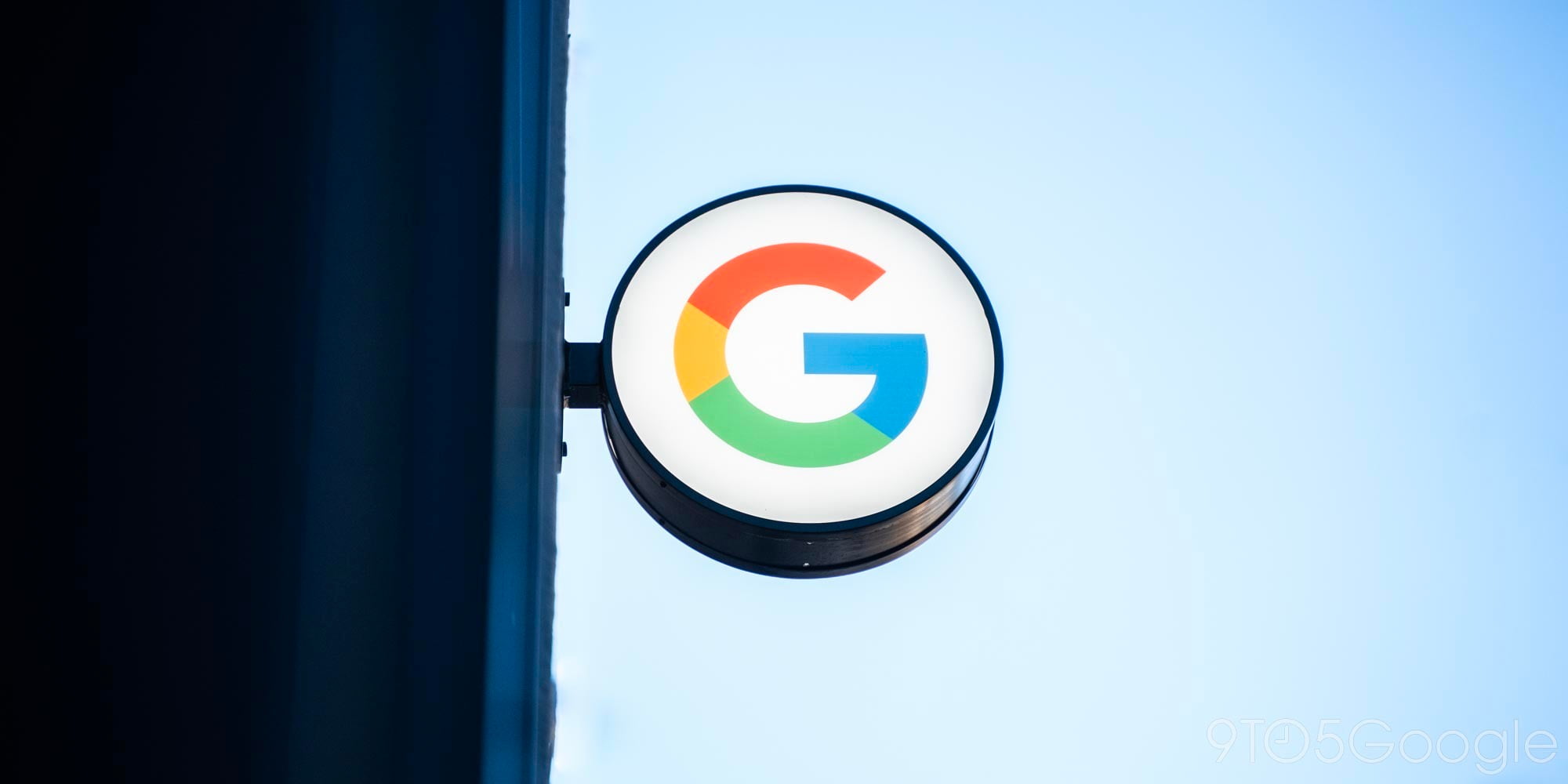

Chromebooks have taken the bottom of the market sub-$300 category of laptops by storm over the last couple of years, and they’re expected to continue with that trend going into 2015. One of the devices that will be heading the charge is the Acer C740, which got leaked last week (via OMGChrome), and it’s said that at least one variation of it will be sporting one of Intel’s fifth-generation codename Broadwell chips—expected to be launched at CES in January.


The WSJ reports that Google will be launching a new model of Glass next year, with a new low-energy Intel chip designed to increase battery-life. The processor in the current model model is a Texas Instruments one, the headset battery lasting around one day of typical use.
Intel currently makes its own wearable device, the fashion-oriented MICA bracelet aimed at women, its low-energy chip offering a claimed two days of battery-life …
Expand
Expanding
Close


Samsung released a new Intel-powered Chromebook today, as part of its Exynos-based Chromebook 2 series. The company’s new notebook ships with an 11.6-inch display, an Intel Celeron N2840 Bay Trail processor clocked at 2.58GHz, 2GB of RAM and 16GB of local storage space. Priced at $250, Samsung’s revamped Chromebook sports a faux leather backing similar to what we’ve seen on some of its mobile devices.

Basis, a company backed by Intel, has announced a new smart watch compatible with iOS devices that places a focus on health and fitness applications. The device is capable of keeping track of several health-related data points, such as steps, calories, heart rate, prespiration, the temperature of your skin, and in-depth information about your sleep habits.
The Peak doesn’t yet support basic smart watch features like email and text notifications, but Basis says those functions will come in a future software update.
The company says that the device will be available by the holidays. Pricing information hasn’t been revealed yet. You can see photos and the full press release for the Peak below:


A new Chrome OS board named “Auron” based on Intel’s Broadwell chip line recently showed up in the Chromium code repository. Spotted by Googler François Beaufort, this appears to be one of the first devices to use Chipzilla’s 14 nanometer system-on-a-chip. Not a lot is known about this mystery board, but it manages to follow the trend of being named after a popular video game character. Beaufort recently outed a Chrome OS board referred to as “Ryu” from Capcom’s Street Fighter franchise and Auron is a character from the world famous Final Fantasy series.

From 9to5Toys.com:
Today’s Amazon Gold Box Deal of the Day is the HP Chromebook 14 in Red or Turquoise refurb for $199.99 with free shipping. That’s $129.01 off the list price and the lowest we’ve ever seen this Chromebook which includes 200MB of free 4G wireless for life thru T-Mobile with the ability to get more data at T-Mobile’s rates. The 4-lb machine features 14-inch/1366 x 768 display, 4GB RAM/16GB Storage amd 1.4GHz Haswell processor.
Expand
Expanding
Close


Image via <a href="http://www.businessweek.com/articles/2014-05-01/tech-hubris-the-silicon-valley-antitrust-hiring-conspiracy#p2" target="_blank">Bloomberg</a>
A judge has rejected a settlement that was reached earlier this year between employees of Google, Intel, Apple, and Adobe and their respective companies, CNBC reported today. According to reports from the courtroom, Judge Lucy Koh ruled that the settlement was not high enough and should actually be $380 million.
The lawsuit was brought against the tech giants in question by current and former employees who believed (correctly) that their employers had created agreements to avoid attempting to hire engineers from one another. The idea was that if no competitors were making offers, each company was free to pay its employees whatever it wanted without having to worry about them jumping ship for a better offer.

As was rumored earlier this month, Google today announced its new Google Fit platform. The service, similar to Apple’s HealthKit, will track all of your health metrics, including sleep, steps, biking, and much more. Google Fit will be built directly into the upcoming “L” version of Android. The “L” version of Android is expected to come out at the same time as iOS 8 and Apple’s HealthKit Platform.

Today in San Francisco, Google and Intel announced a brand new fleet of Chromebooks in various shapes and sizes. While some of these devices will be powered by Intel’s familiar Haswell processors, the big news today is that the chip maker is bringing its newer Bay Trail platform to Mountain View’s take on the notebook. Partners like ASUS, Lenovo, LG, HP and Acer will all be producing Bay Trail-powered Chromebooks.